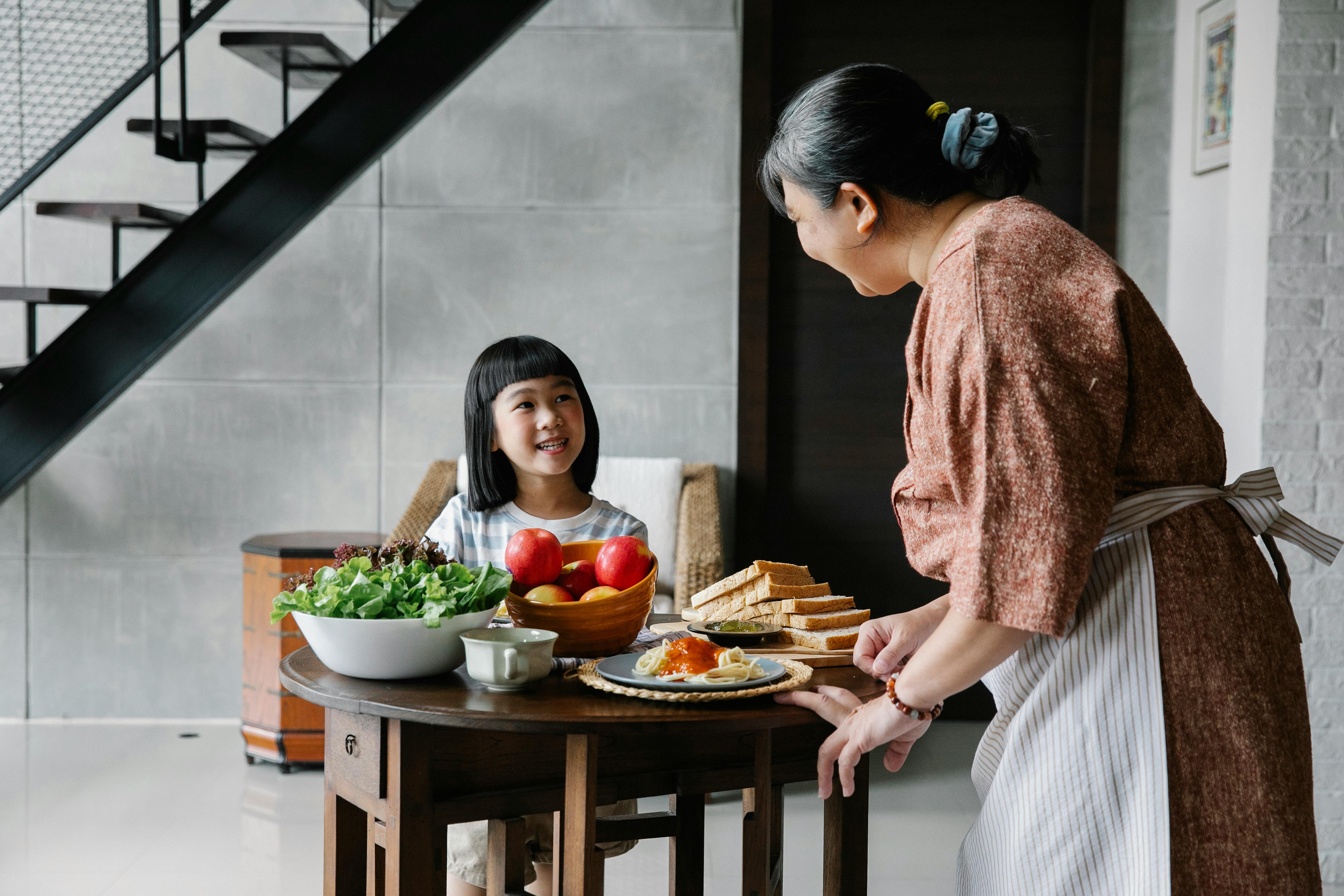Algae can be useful in many different situations. The algae are used, for example, as food for humans and for livestock, and are also included in various health products and cosmetics. Seaweed is consumed predominantly in Southeast Asia, especially China, Japan, and Korea, but is becoming more popular outside of this range with each passing year.
If you want to include more algae in your diet, you can try, for example, red algae of the genus Porphyra. In Asian cuisine, this seaweed is commonly known as nori. It is not usually eaten fresh; instead, it is harvested, dried, and pressed into thin sheets. These sheets are then used in all kinds of dishes, from sushi and soups to sauces and condiments. The two most commonly used red algae species are Porphyra yezoensis and Porphyra tenera.
Do you think you’ve never eaten seaweed? I think you have! In fact, the next time you have some ice cream or syrup on top of your dessert, you may be eating brown algae. Alginic acid, a popular stabilizer for emulsions and suspensions, is derived from brown algae. In addition to the food industry, it is also appreciated by paint producers.
Brown algae are not the only type of algae that can be used to stabilize food. Red algae are used to make Agar and Carrageenan products, which work wonders when you need to stabilize food products like puddings and canned meats. Agar is also used by scientists who need to grow bacteria, fungi, and cell structures in a nutritive gel, while carrageenan is a popular addition to shampoos.
Want to try some delicious seaweed dishes in your own kitchen? Here is a recipe for seaweed soup.
Ingredients:
or 1 pound ground pork
or 2 quarts of water
or 1 chicken bouillon cube
or 1 can (8 ounces) sliced water chestnuts
o 3 sheets of nori (dried seaweed)
or 1 egg
or salt to taste
or 4 green onions
or 3/4 teaspoon sesame oil
To do:
1.) Cook ground pork over medium heat until browned. Use a large saucepan because you will be adding more ingredients.
2.) Drain excess fat.
3.) Add water and bring to a boil.
4.) Reduce the heat to medium again and let the dish simmer uncovered for about 15 minutes.
5.) Add the bouillon cube and make sure it dissolves completely.
6.) Add the chestnuts.
7.) Break the nori into pieces and add them to the saucepan.
8.) Beat the egg in a separate bowl.
9.) Add the egg.
10.) Add salt to taste.
11.) Chop the green onions.
12.) Take the saucepan off the heat before adding the onions.
13.) Add sesame oil.
14.) Bon appetite!



